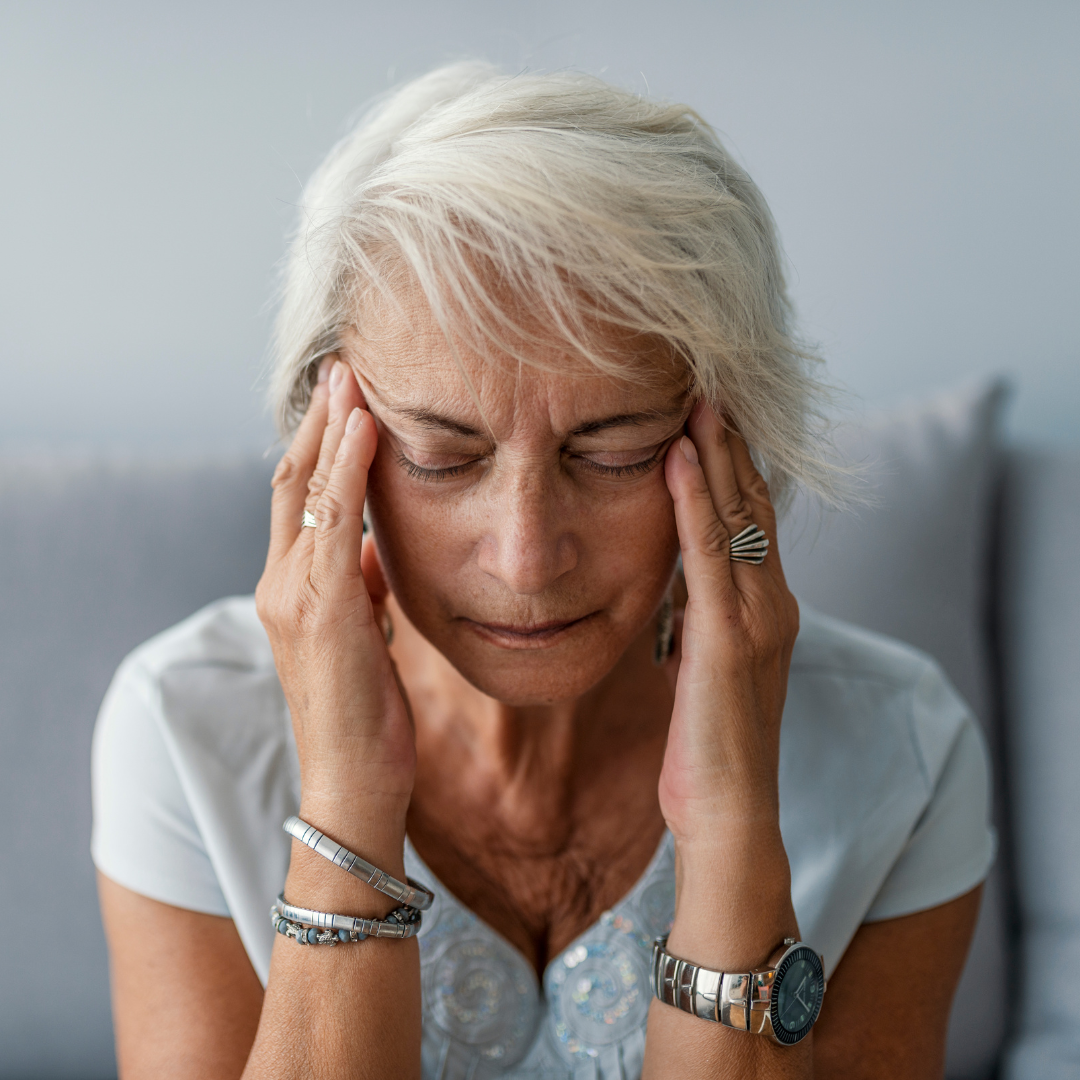People with mental health disorders like depression are twice as likely to experience suicidal thoughts as those without a mental health condition. You can handle stress, but it can be difficult to cope with depression. Everyone gets sad and angry sometimes, but if you’re depressed, these feelings last longer and interfere with everyday life. Depression can affect how you feel, think, and behave. It can cause emotional and physical changes.
What are the symptoms of each condition?
Depression
Depression is a complex, overwhelming disorder affecting people in many ways. While everyone experiences depression differently, there are some common traits. These symptoms may be hard to recognize, but it’s important not to ignore your symptoms. Depression symptoms can include:
- Loss of interest in daily activities
- Feeling sad, hopeless, or worthless
- Trouble sleeping or sleeping too much
- Not feeling hungry or overeating
- Not enjoying the things you used to enjoy
- Feeling tired, irritable, or angry
- Feeling down, anxious, or nervous
- Feeling hopeless or helpless
Anxiety
An anxiety disorder is a mental illness characterized by an excessive and unreasonable fear of one or more events or activities. These fears, or anxieties, are way out of proportion to what the average person is afraid of. It can significantly impact your physical and mental health, making everyday activities difficult.
The severity of an anxiety attack can vary based on the patient, but a common symptom of anxiety is feeling dizzy, lightheaded, or feeling like you’re going to pass out. This can happen even during panic attacks, leaving sufferers feeling extremely uncomfortable.
Tips on Managing anxiety and depression
Aim to get a good night’s sleep
Stress can negatively impact your sleep, but lack of sleep can also take a toll on your physical health. The good news is that a good night’s sleep is not only possible but essential to maintaining a healthy body and mind. Whether you’re struggling with insomnia, or have anxiety and depression, find ways to wind down before bed that can help you get the rest you need. Sleeping problems can affect your mood, memory, your ability to concentrate, and your overall health. Losing sleep or feeling tired all the time can seriously impact your quality of life.
Try to eat balanced meals.
While your mind is busy worrying about all the negative things in life, if your body is starving, it can make it harder for you to deal with the stress. Eating a balanced breakfast each day can help combat anxiety, stress, and depression. It will help you feel full, compensate for low blood sugar, provide energy, and reduce stress.
Eating balanced meals can help with both anxiety and depression. It can be a way to help reduce cravings for junk food and can help with your mood. Foods like whole grains, fruits and vegetables, fish and lean protein, and healthy fats like nuts, olive oil, and avocado are all good choices.
Make time for rest and relaxation.
Stress, anxiety, and depression are common problems affecting people worldwide. But you don’t have to let these negative emotions control you. You can use relaxation techniques or use medical marijuana (available at lowpricebud or similar stores) to assist in managing your symptoms whenever they flare up. The goal is to make coping mechanisms work in a way that can slowly help you stop being afraid of these problems. That said, keep in mind that marijuana can be consumed in various ways, and different techniques are suitable for different people. These could include edibles and topicals; smoking in a joint, bong, or pipes like a glass Gandalf pipe; and more. So study these different methods and pick what makes you most comfortable.
One resource to help with stress and anxiety is yoga or meditation. Yoga focuses on helping individuals improve their mental, physical, and spiritual health. For people new to yoga, it can initially seem a little overwhelming. However, yoga can be an effective stress management tool. Meditation also can help with anxiety and stress. Meditation can be a gentle and effective way to relax and reduce stress.
Try therapy.
If other methods of reducing anxiety don’t seem to work, seeking professional help can be beneficial. A therapist can help you identify triggers of anxiety and work with you to create a plan to cope with it in a healthy way. They can also provide an objective perspective on your situation and offer a comprehensive solution for managing anxiety and stress. It can include lifestyle changes, medication, and other therapies such as cognitive-behavioral therapy and mindfulness.
In case the therapist feels that you need an advanced approach, they may refer you for ketamine IV therapy in Clearwater, FL (or in a closer location). For the uninitiated, ketamine IV therapy is a type of therapy that utilizes the drug ketamine to treat symptoms of depression and chronic pain and has been found to be immensely helpful in providing relief from these conditions.
Wrapping it up.
In wrapping up this comprehensive blog, we have explored the depths of mental health, delved into effective strategies to combat depression, and discovered ways to alleviate the burdens of anxiety. By unearthing the various facets of these topics, we hope to have provided you with a wealth of knowledge to navigate the complexities of your own mental well-being.

